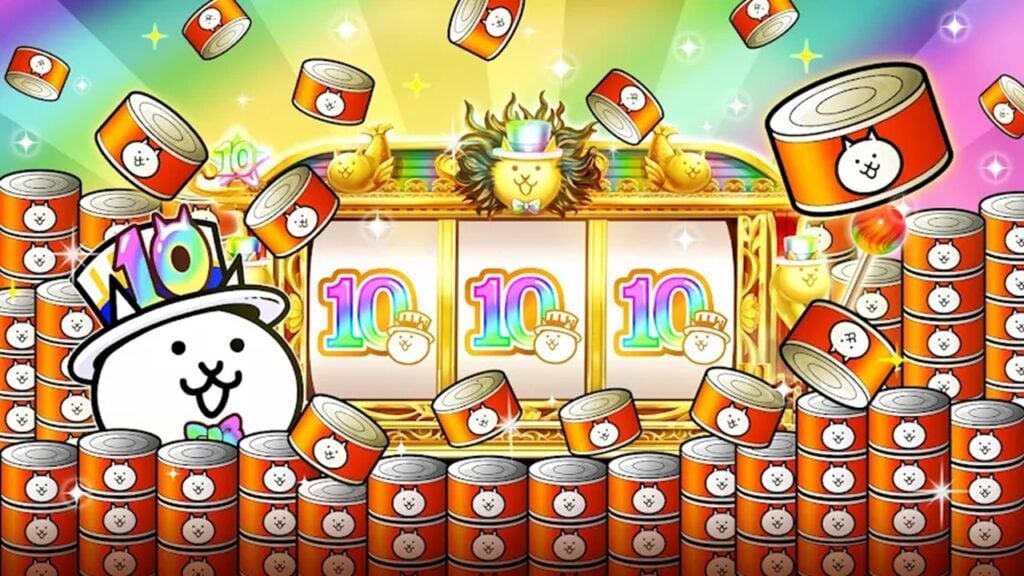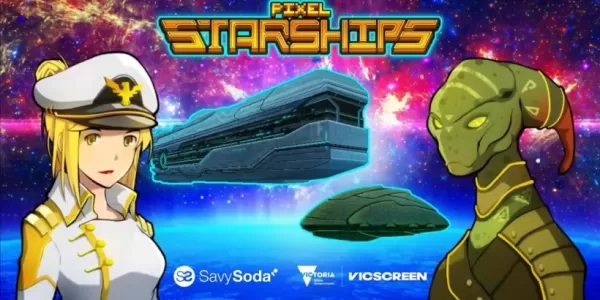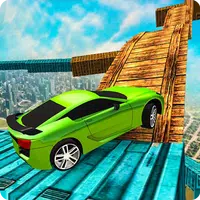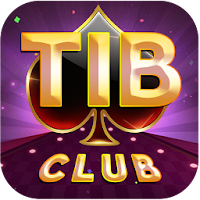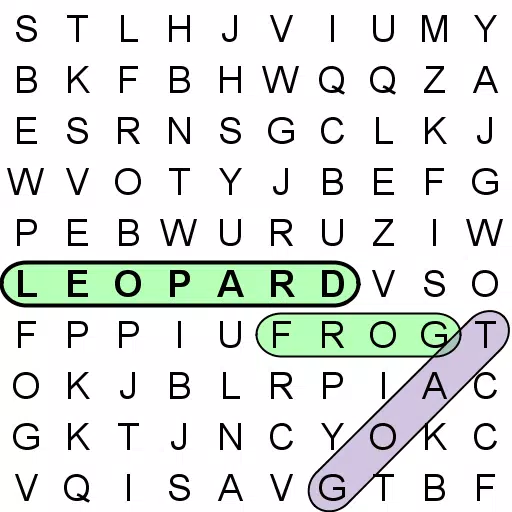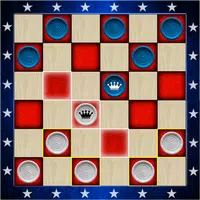Home > News > "Marvel Gaming Universe Plan to Link All Games Like MCU Falls Through Due to Funding Issues"
"Marvel Gaming Universe Plan to Link All Games Like MCU Falls Through Due to Funding Issues"
The Marvel Cinematic Universe (MCU) has revolutionized entertainment with its intricately connected series of films and TV shows, weaving a cohesive narrative that captivates audiences worldwide. In contrast, Marvel video games have traditionally operated as standalone entities, with no overarching continuity. For instance, Insomniac’s Marvel’s Spider-Man series exists independently of Eidos-Montreal’s Marvel's Guardians of the Galaxy. Likewise, upcoming titles such as Marvel 1943: Rise of Hydra, Marvel's Wolverine, and Marvel’s Blade do not share a common universe.
However, Disney once entertained the notion of creating a Marvel Gaming Universe (MGU) that would mirror the success of the MCU. This ambitious project aimed to unify Marvel video games into a single, interconnected narrative. So, what led to its abandonment?

Speaking on The Fourth Curtain podcast, host Alexander Seropian and guest Alex Irvine, who both worked on the MGU concept, shed light on its demise. Seropian, renowned for co-founding Bungie and later leading Disney’s video game division until his departure in 2012, spearheaded the MGU initiative. Irvine, a veteran writer for Marvel games, most notably contributing to Marvel Rivals, shared insights into the project's early stages.
Irvine recalled, “When I first started working on Marvel games, there was this idea that they were going to create a Marvel gaming universe that was going to exist in the same way that the MCU did. It never really happened.”
Seropian elaborated that the MGU was his brainchild, conceived before the MCU gained momentum. “When I was at Disney, that was my initiative, ‘Hey, let’s tie these games together.’ It was pre-MCU. But it didn’t get funded.”
Irvine, who had previously worked on the acclaimed Halo alternate reality game (ARG) I Love Bees, proposed innovative ways to integrate the MGU. “That was so frustrating because we came up with all these great ideas about how to do it,” he said. “And I was coming out of ARGs at that point and thinking, ‘Wouldn’t it be cool if we had some ARG aspects?’ There would be a place where players could go that all the games touched, and we could move them back and forth from game to game. We could link in comics, we could loop in anything, we could do original stuff. And then, as Alex said, it didn’t get funded. So we made a bunch of games.”
The MGU’s failure to secure internal support stemmed from its complexity. Irvine noted, “Even back then, we were trying to figure out, ‘If there’s going to be this MGU, how is it different from the comics? How is it different from the movies? How are we going to decide if it stays consistent?’ And I think some of those questions got complex enough that there were people at Disney who didn’t really want to deal with them.”
Imagining an alternate reality where the MGU had been realized, one can envision a universe where Insomniac’s Spider-Man games coexist with Square Enix’s Marvel's Avengers and Marvel's Guardians of the Galaxy, featuring cross-game cameos and culminating in a grand, Endgame-style event.
Looking forward, speculation surrounds Insomniac's Marvel's Wolverine. Will it share the same universe as Marvel's Spider-Man, possibly featuring cameo appearances from other characters?
Ultimately, the MGU remains a fascinating "what if" scenario in the annals of video game history. Though it never came to fruition in our world, perhaps in another universe, it thrives as a testament to what could have been.
-
1
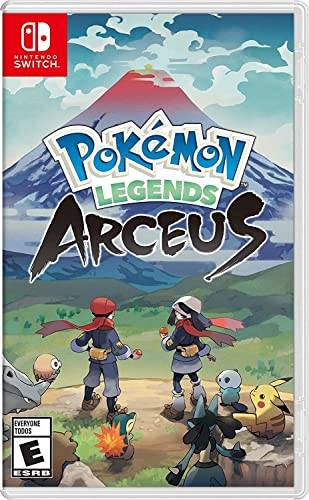
Every Pokémon Game on the Nintendo Switch in 2025
Feb 25,2025
-
2

Roblox: Trucking Empire Codes (January 2025)
Mar 05,2025
-
3
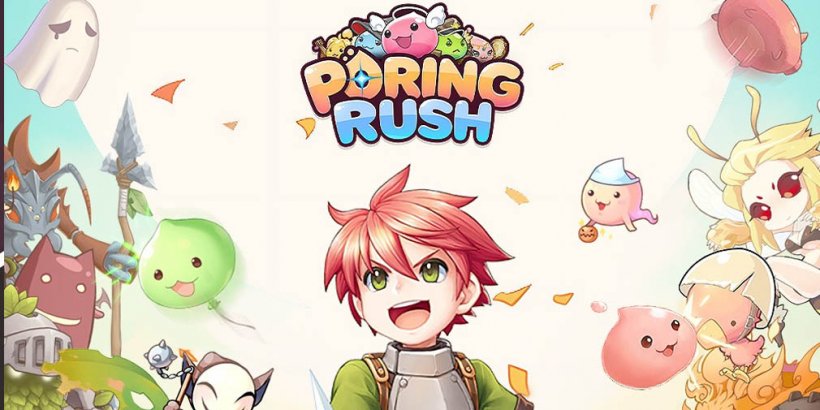
Poring Rush, the casual battling spin-off from hit MMORPG Ragnarok Online, is out now
Dec 30,2024
-
4
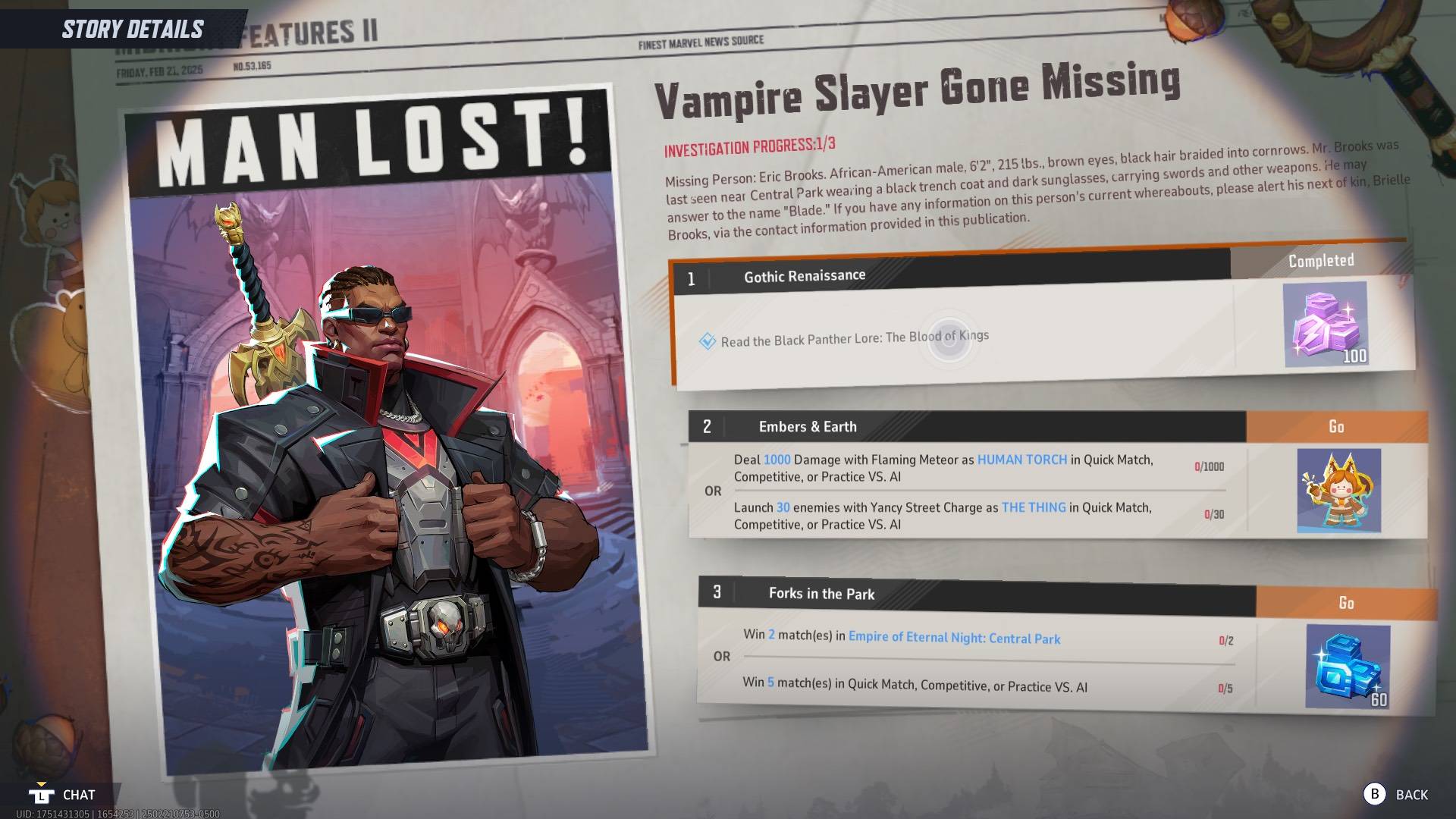
How To Read Black Panther Lore: The Blood of Kings in Marvel Rivals
Mar 01,2025
-
5
![Anime Vanguards Tier List – Best Units For Each Gamemode [UPDATE 3.0]](https://images.gzztb.com/uploads/35/17376012656791b0f12fa1c.jpg)
Anime Vanguards Tier List – Best Units For Each Gamemode [UPDATE 3.0]
Feb 27,2025
-
6
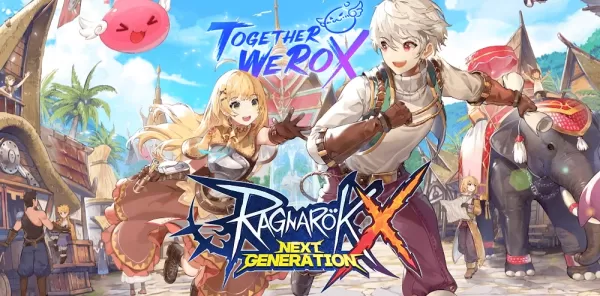
Ragnarok X: Next Gen - Complete Enchantment Guide
May 25,2025
-
7
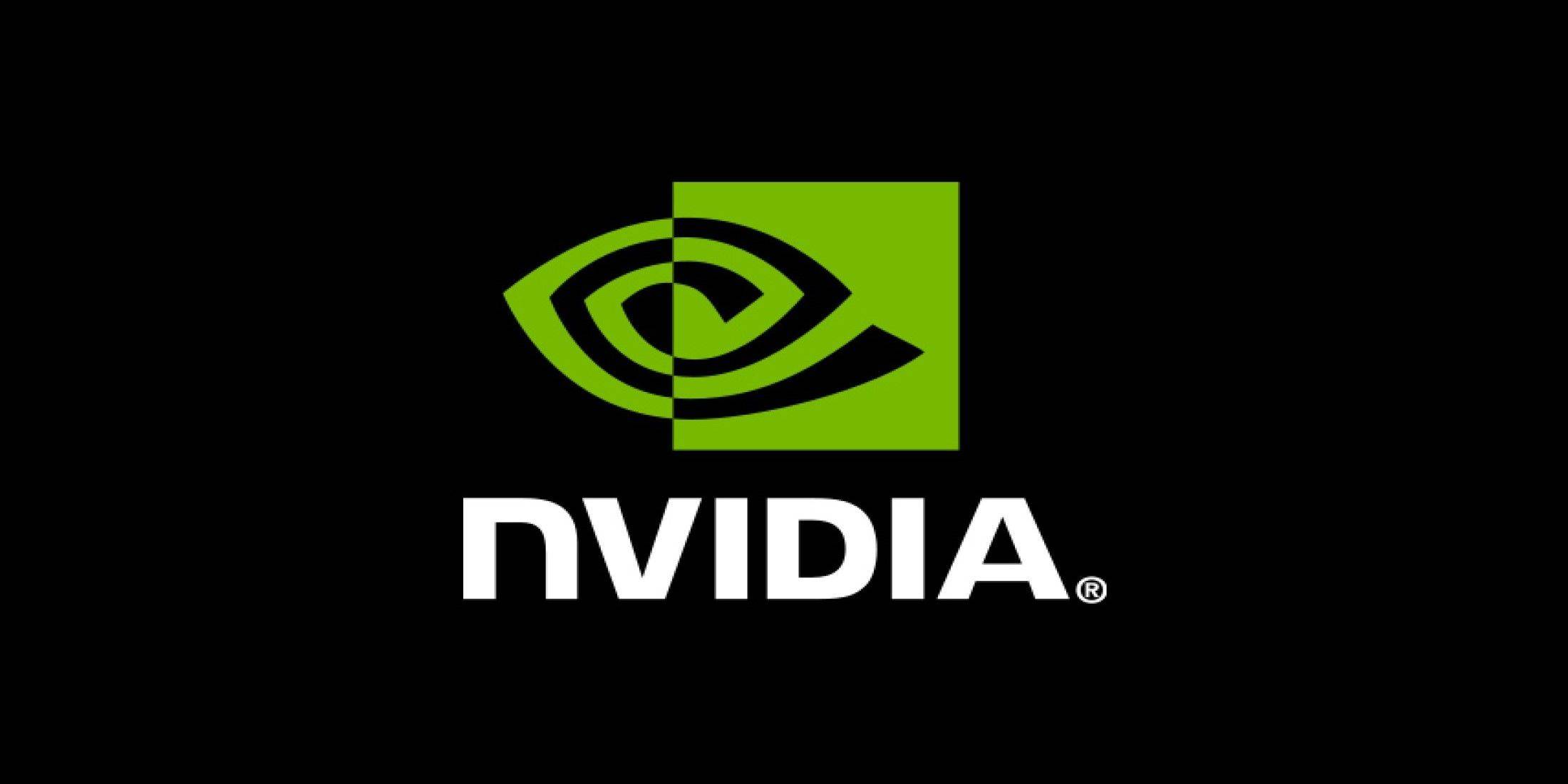
Nvidia RTX 5090 Specs Leak: Rumor Confirmed?
Mar 14,2025
-
8
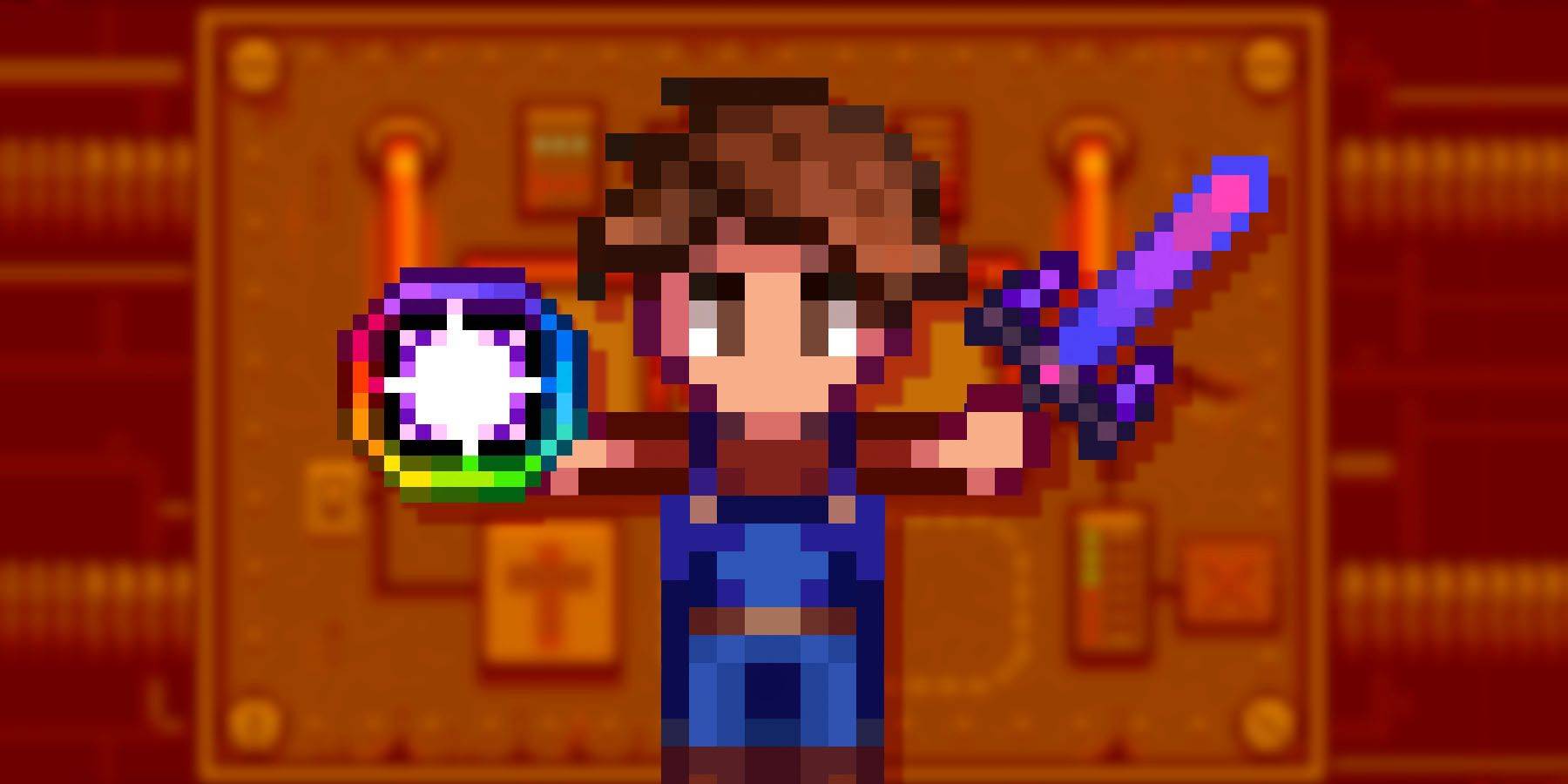
Stardew Valley: A Complete Guide To Enchantments & Weapon Forging
Mar 17,2025
-
9
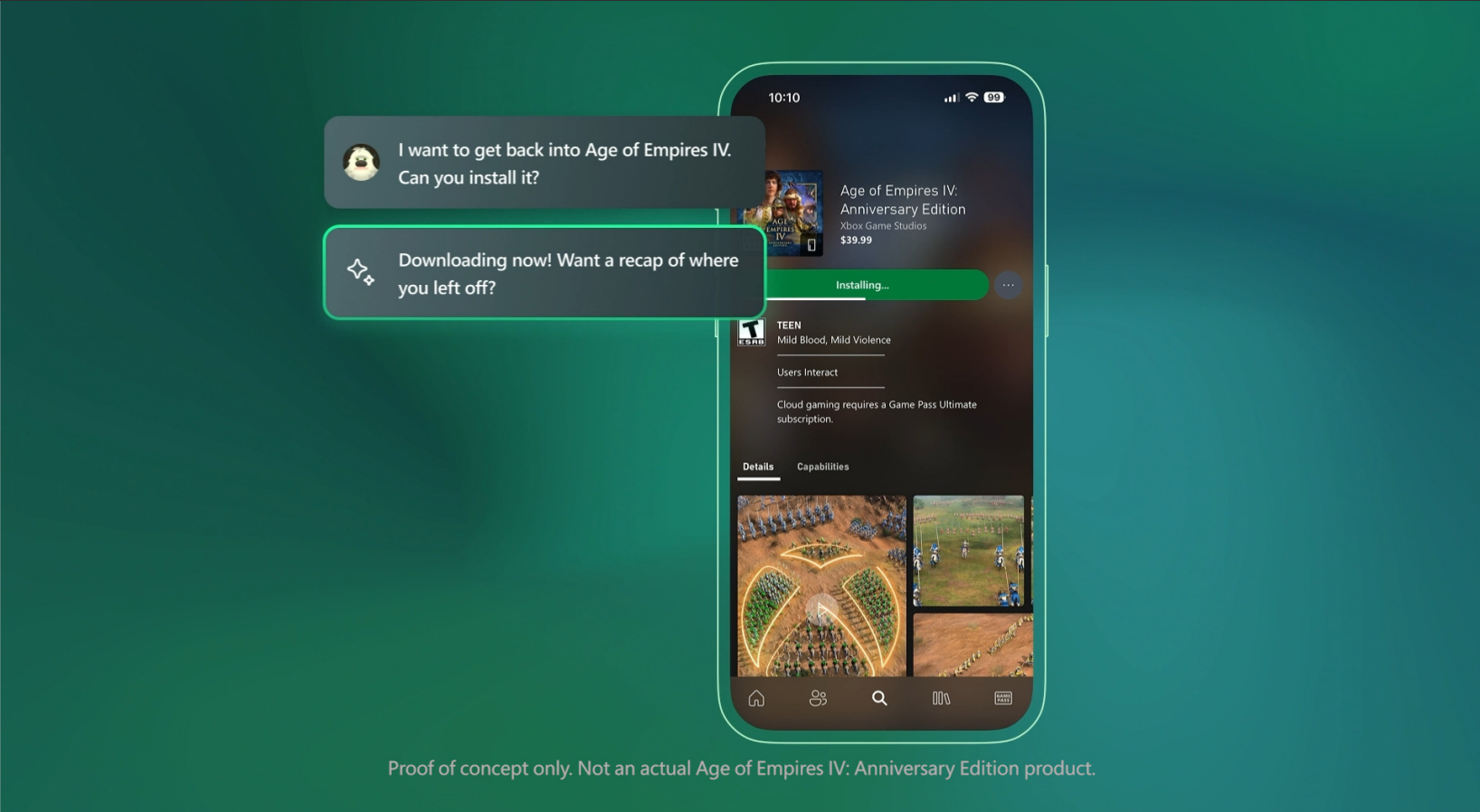
Microsoft to Integrate Copilot AI into Xbox App and Games
May 21,2025
-
10
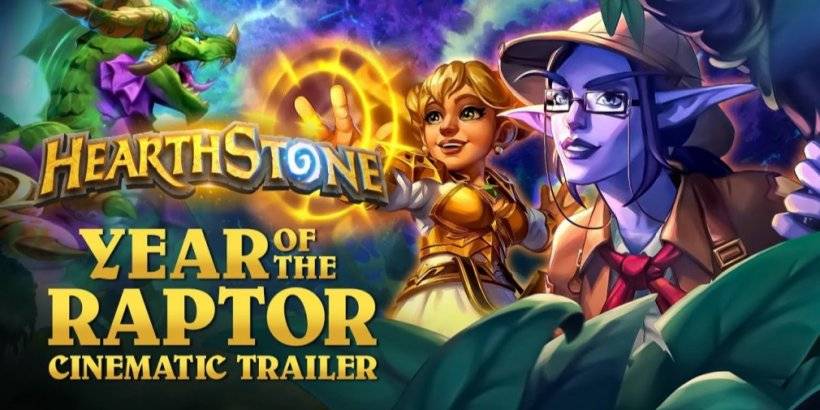
Hearthstone has kicked off the Year of the Raptor with a myriad of new content
Mar 16,2025
-
Download

The Golden Boy
Casual / 229.00M
Update: Dec 17,2024
-
Download
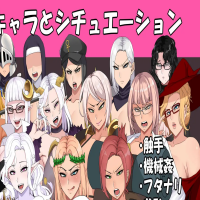
Niramare Quest
Casual / 626.43M
Update: Feb 21,2023
-
Download
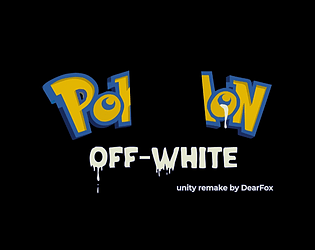
POW
Casual / 38.00M
Update: Dec 19,2024
-
4
Mother's Lesson : Mitsuko
-
5
Gamer Struggles
-
6
How To Raise A Happy Neet
-
7
Poly Pantheon Chapter One V 1.2
-
8
Dictator – Rule the World
-
9
Strobe
-
10
Livetopia: Party

